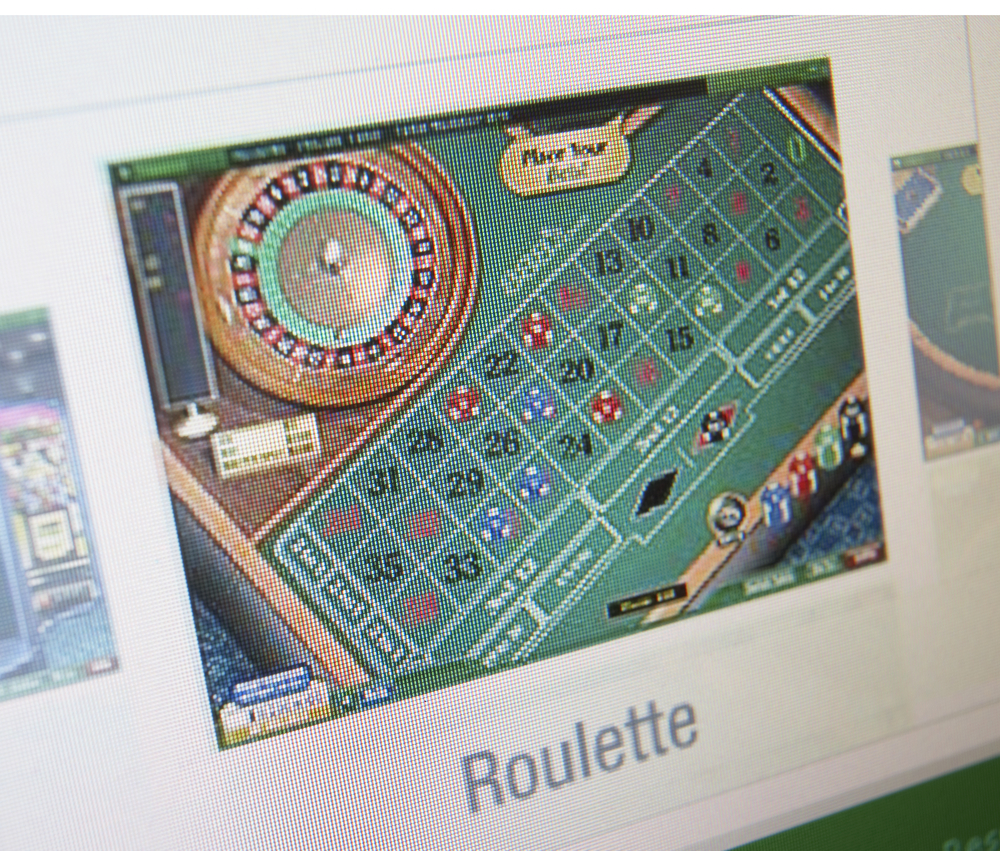
The realm of casino games has undergone a remarkable transformation in past times, propelled by technological progress and shifting player preferences. As an increasing number of gamers turn to online platforms for leisure, traditional casino activities are being adapted to satisfy the demands of a tech-savvy consumer base. This shift not only includes the transition from physical to digital spaces but also encompasses the development of gaming systems and player engagement strategies.
In this new virtual age, game creators are harnessing innovative technologies to create engaging experiences that resonate with a varied range of players. From web-based fruit games with stunning graphics to dynamic card activities that replicate the atmosphere of a live gambling hall, the modification process is redefining how we view and experience gambling activities. As we explore this fascinating process, it is clear that the future of gambling lies in the seamless fusion of cutting-edge tech with the timeless appeal of luck and strategy.
The Development of Casino Entertainment
Gambling games have experienced significant transformations throughout history, showing shifts in technology, culture, and gamer choices. In ancient times, basic games of chance were played using primitive items such as rocks and bones. As societies evolved, so did the complexity of these activities. The emergence of card games in the Middle Ages marked a crucial moment, culminating to the development of popular games like poker and blackjack, which are continuously enjoyed in the present. Over the centuries, the design of gambling establishments has also changed, transitioning from tiny local venues to grand, elaborate establishments.
The twentieth century witnessed a revolution in the realm of gambling entertainment with the arrival of digital gaming. Slot machines appeared as a favored draw, captivating gamblers with their colorful lights and sounds. This era also saw the rise of gambling hotels, which combined luxury accommodations with a diverse array of gaming options. The launch of video games further broadened the field, allowing for more complex designs and gaming mechanics. These developments not only pulled in a wider audience but also changed the way gambling games were played.
With the rise of the internet in the late 90s and early 2000s, casino entertainment moved into a new online phase. Online casinos emerged, providing players with the ease of playing from their own spaces. This shift required gaming designers to reconsider traditional mechanics and adapt them for an interactive digital environment. Currently, advancements in tech, including smartphone gaming and virtual reality, persist to shape the evolution of casino entertainment, creating immersive experiences that captivate gamblers like not before.
Key Features of Online Casino Games
Online casino games have transformed the way gamers engage with casino gaming by providing immersive experiences that echo the thrill of physical casinos. One of the most significant features is the integration of top-notch graphics and animations, which create a visually appealing environment. Game creators focus on providing authentic themes and enthralling storylines that entice players into the game, enhancing their overall experience. The ability to provide 3D visuals and stunning sound effects means that players can experience a lively atmosphere akin to what they would encounter on a casino floor.
Another important aspect of digital casino games is the ease of access they offer to gamers globally. Web-based services enable individuals to play their most-loved games from the comfort of their own homes or on the go through smartphones and tablets. This convenience is accompanied by a wide variety of gaming choices, including slot machines, card games, and live casino games. Players no longer need to travel to a brick-and-mortar venue to enjoy their beloved betting experiences, allowing a larger audience to engage with casino games.
Lastly, virtual gaming experiences frequently include creative features such as interactive gameplay and social interactions. Many games now allow players to compete against one another, enter tournaments, or even broadcast their accomplishments on social networking sites. This shift encourages a sense of belonging among players while fostering healthy competition. Additionally, features like personalized avatars and in-game chat options boost social interaction, making the digital gaming experience even more thrilling for all users.
What Lies Ahead of Digital Gaming
When technology makes progress, the landscape of online gaming is set for significant evolution. Virtual and augmented reality are making waves, offering players an immersive experience that mirrors the atmosphere of being in a physical casino. MM88 These advancements create opportunities for creators to introduce unique game formats and interactive features, reshaping how players interact with their favorite casino games. MM88
Furthermore, the integration of AI is improving user experiences and customizing gameplay. AI can analyze player behavior, offer tailored game options, and improve customer support through virtual agents. This personalization not only keeps players engaged but also assists build a committed community around certain casino platforms, placing them for success in a competitive market.
Finally, the rise of smartphone gaming is another crucial factor shaping the future of online gaming. With an ever-growing number of players playing casino games on their phones, developers are concentrating on optimizing their platforms for mobile access. This shift allows players to experience casino games wherever they are, paving the way for a more versatile and user-friendly gaming environment that caters to a broader audience.